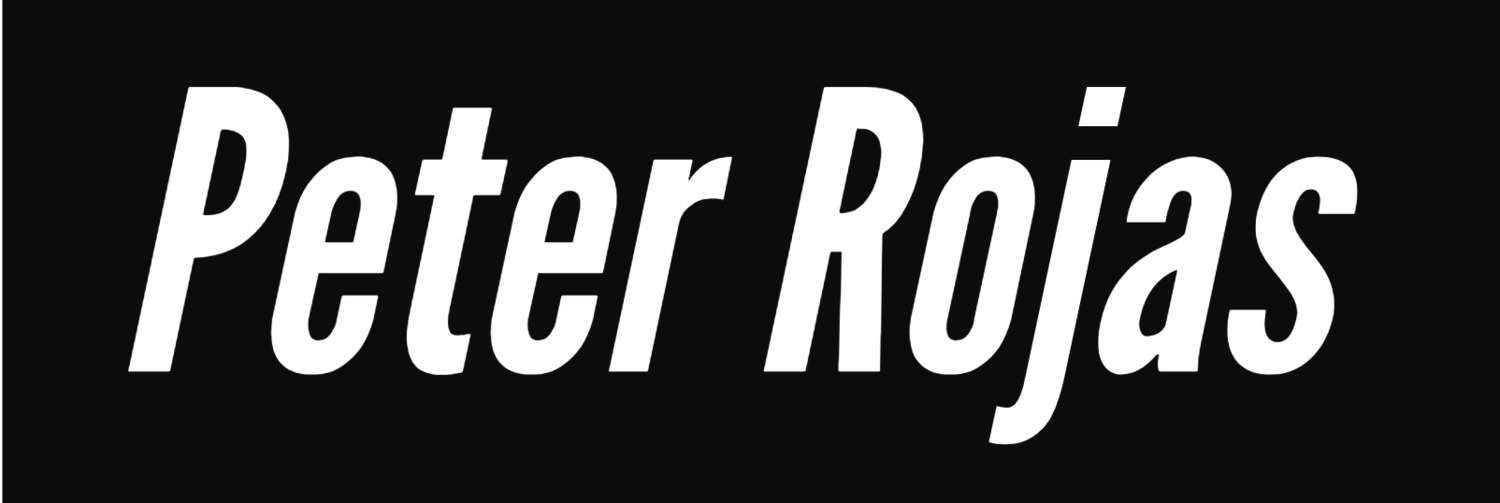About three or four years ago I resolved to get my inbox under control -- like most people I was having a tough time keeping up with everything -- and after a few weeks I was able to get there. Here's what I do to stay on top of my inbox (and apologies if these are just completely obvious things to do):
1. Use Gmail
I know this isn't an option for everyone and that there are plenty of people who don't like Gmail, but switching from a POP3 client (I used to Thunderbird) to a cloud-based system was a big help for me. Seriously, before I used Gmail everything was mess. I couldn't keep things in sync and I had a huge backlog of unanswered messages. Gmail's system of threading and starring messages took a little while to get used to, but now I find it indispensable. Plus I can access my email on multiple devices without having to worry about keeping everything in sync. It's something we take for granted now, but it's hard to remember just how difficult this was for most people.
2. Don't leave any messages unread
When you go through your inbox, delete everything that isn't important right away. Don't let anything sit unread, even if you already know whether you're going to delete it or respond to it. Seriously, don't do it.
3. Then either reply, archive, or star
Once you've deleted everything that's not important, you need to either: reply to anything that needs an immediate response (or that can be responded to quickly), archive anything that doesn't need a response but that you do want to file away somewhere, and star anything that you can deal with later.
4. If you can, take your time getting back to people
Email begets email, so unless you really need to get back to someone right away, feel free to just star their message and get back to them later. Otherwise they're just going to reply to your response and then you're right back where you started. That star is your reminder to yourself to deal with it later, so unless it's urgent, don't feel bad about getting to it when you can. It's OK to have up to a couple dozen emails in your starred folder.
5. Use your phone to keep an eye on your email -- but don't obsess over writing back from your phone
I've been using my phone for email ever since I bought my first Treo in 2003, but I try not to write many emails from my phone. Rather then tap out messages on my phone, I use it mainly to process emails that come in whenever I'm out and about. Unless there's something that requires an immediate answer, I'll star anything that needs a reply and then hit them when I'm back at a computer and can more efficiently crank them out. Sure, there are times I'll be in a cab with nothing to do and so I'll hit a few messages, but unless you have some downtime you're probably better off saving all those responses for when you're at a PC and can write them more quickly.
6. Try to minimize how much noise hits your inbox
This is easier said than done, right? I don't use Priority Inbox -- I don't trust an algorithm to make filter properly -- so instead I try and eliminate emails that I know aren't going to be important from hitting my inbox in the first place. Most people underestimate how much noise makes it into their inbox each day. Here's my rule: If you find yourself deleting a recurring newsletter or notification or whatever from someone without reading it more than a two or three times in a row, either unsubscribe or create a filter that routes those emails out of your inbox and into the trash. It seems easy to just manually delete all those emails as they come in, but you'll be less overwhelmed by your email if you just suck it up and keep them out of your inbox altogether.
7. Create filters
Part of minimizing that noise is creating filters for messages you want, but that aren't super important. I don't mind getting Fab.com and LivingSocial-type emails, but I don't want them inundating my inbox, so I have a folder just for those that I filter all of those into. Same thing with notifications from any social network I've joined or email list I'm on that I don't want to leave but also don't want to be distracted by. Again, it's easy to just delete stuff as it comes in, but we underestimate the cognitive burden that accumulates from doing that. Taking twenty seconds to create a filter is a pain, but they're a small investment in lessening your inbox overload.
Anyway, I know everyone's situation is different, so I'm not going to pretend I've developed some universally perfect system, but I thought others might find it useful to hear what I did. It's definitely worked for me.

 I donated my original
I donated my original